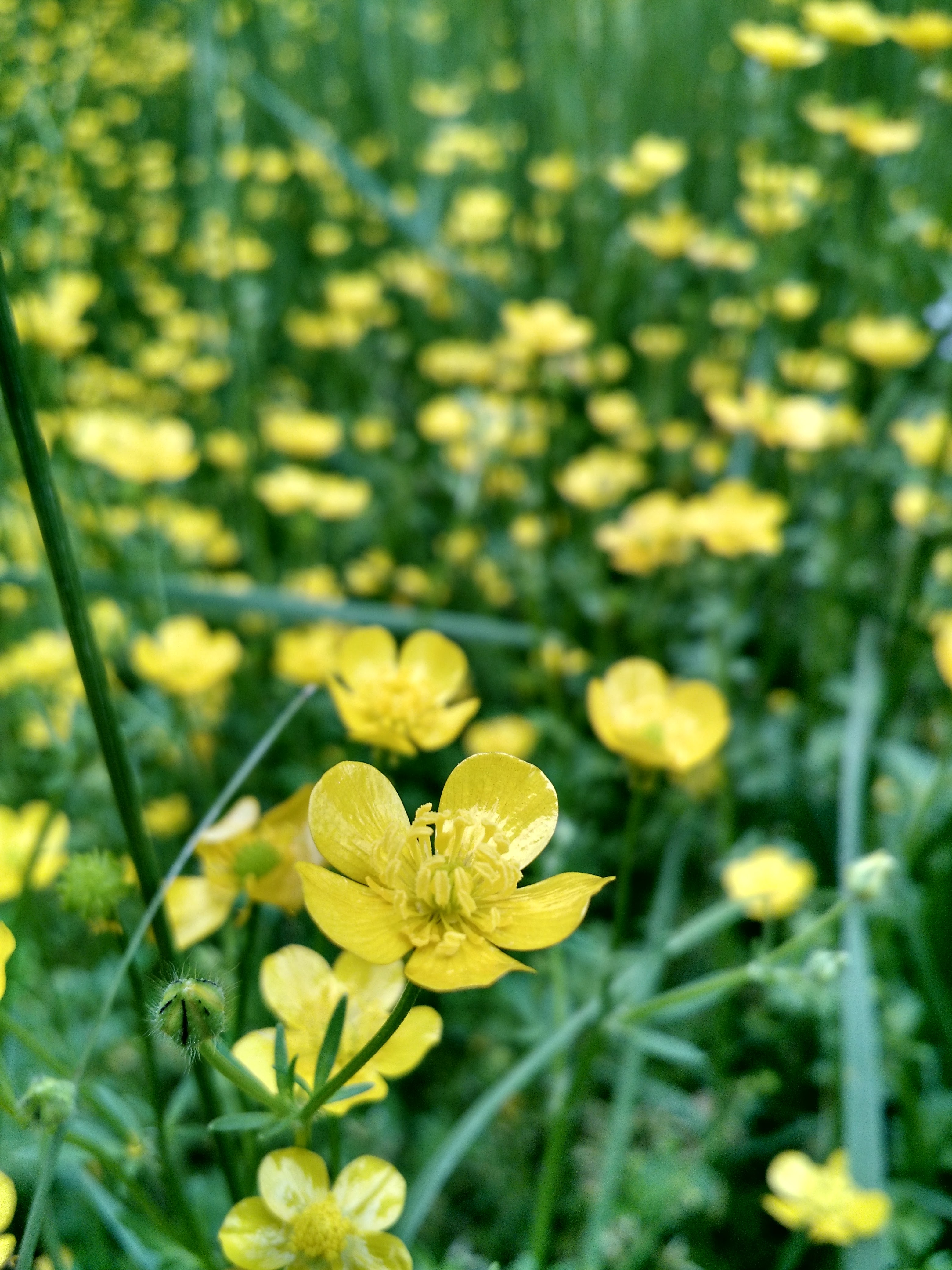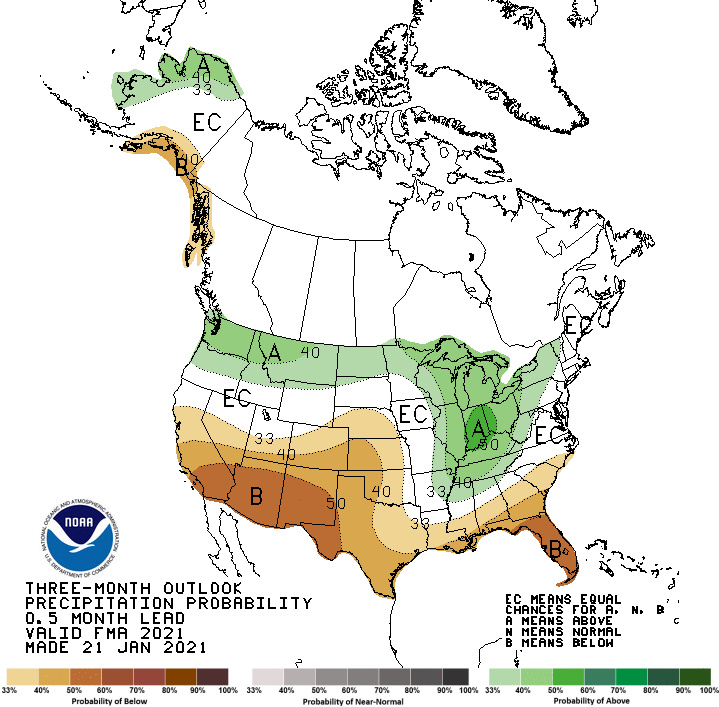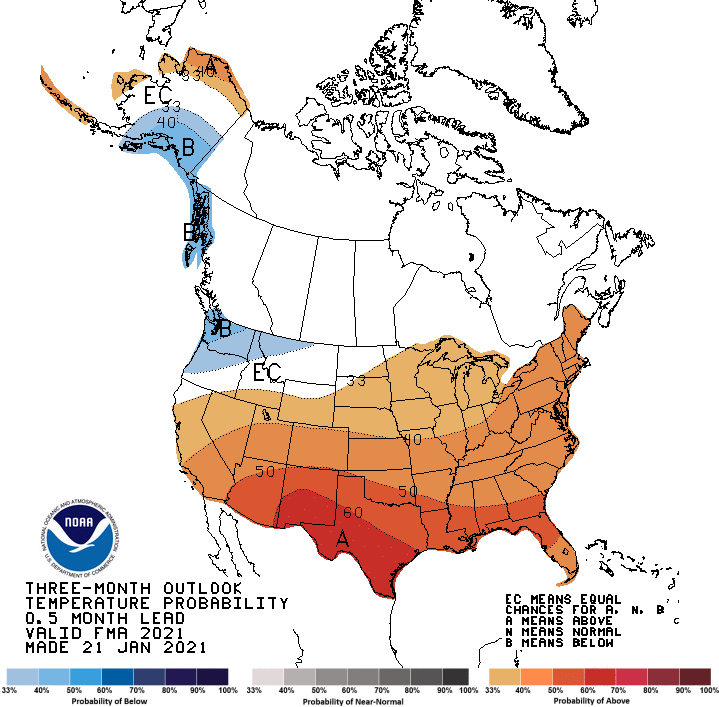February Q&A with Seth
go.ncsu.edu/readext?770170
en Español / em Português
El inglés es el idioma de control de esta página. En la medida en que haya algún conflicto entre la traducción al inglés y la traducción, el inglés prevalece.
Al hacer clic en el enlace de traducción se activa un servicio de traducción gratuito para convertir la página al español. Al igual que con cualquier traducción por Internet, la conversión no es sensible al contexto y puede que no traduzca el texto en su significado original. NC State Extension no garantiza la exactitud del texto traducido. Por favor, tenga en cuenta que algunas aplicaciones y/o servicios pueden no funcionar como se espera cuando se traducen.
Português
Inglês é o idioma de controle desta página. Na medida que haja algum conflito entre o texto original em Inglês e a tradução, o Inglês prevalece.
Ao clicar no link de tradução, um serviço gratuito de tradução será ativado para converter a página para o Português. Como em qualquer tradução pela internet, a conversão não é sensivel ao contexto e pode não ocorrer a tradução para o significado orginal. O serviço de Extensão da Carolina do Norte (NC State Extension) não garante a exatidão do texto traduzido. Por favor, observe que algumas funções ou serviços podem não funcionar como esperado após a tradução.
English
English is the controlling language of this page. To the extent there is any conflict between the English text and the translation, English controls.
Clicking on the translation link activates a free translation service to convert the page to Spanish. As with any Internet translation, the conversion is not context-sensitive and may not translate the text to its original meaning. NC State Extension does not guarantee the accuracy of the translated text. Please note that some applications and/or services may not function as expected when translated.
Collapse ▲Some excellent questions came into the N.C. Cooperative Extension, Caldwell County Center this week, and I’d like to share three of them with you. I hope you find these questions and their answers helpful. If you have a specific question not answered here, please contact the Caldwell County office.
Q: When should I fertilize my fescue lawn?
A: Tall fescue is a cool-season grass. It does its productive growth in the spring and fall. For this reason, fertilizer applications should be concentrated in the fall, winter, and early spring. To keep it simple, just remember to fertilize on Valentine’s Day, Labor Day, and Halloween.
The amount of fertilizer to apply can be determined by a soil test. Soil testing kits are available at the Caldwell Extension Center. If you do not have a current soil test, look for fertilizer with a ratio of 3-1-2 or 4-1-2, such as 12-4-8 or 16-4-8.
Q: What are the pretty yellow spring flowers I see in pastures?

From a distance, these yellow flowers look like a carpet. Up close, the flowers are just as striking. However, these pretty flowers are a sign of an unproductive pasture.
A: Yellow pastures in the spring are a telltale sign of buttercups. We have both hairy and bulbous buttercup in Caldwell County. Although they can be differentiated, they are very similar. These yellow flowers are pretty to look at, but they are a sign of an unproductive pasture system. Grazing animals (cattle, horses, sheep, goats, or llamas) do not eat buttercups.
Buttercups are winter annuals. Annuals grow from seed each year. Winter annuals sprout in the fall, grow during the winter, and flower in the spring, making seed before dying in the heat of the summer.
When pastures are grazed short in the fall, it exposes the soil surface to sunlight. Sunlight is necessary for buttercup seed to germinate. I recommend controlling buttercup with the broadleaf weed killer 2,4-D ester. The best time for control is late winter before the buttercups bloom and have a chance to crowd out the grass. A targeted spray on a warm day in January or February gives excellent control. When using pesticides, be sure to always read and follow the labeled directions.
Q: Can groundhogs really predict the weather?
A: I think of groundhogs and Groundhog Day as a fun way to forecast the weather. However, NOAA (National Oceanic and Atmospheric Association) is a more reliable source for long term weather predictions. The current prediction for February, March, and April 2021 is above average temperatures and an equal chance of above or below-average precipitation. For additional long term and seasonal predictions, visit the Climate Prediction Center.


For answers to your agriculture questions, call the N.C. Cooperative Extension, Caldwell County Center at 828-757-1290 or visit us online any time.
Seth Nagy is the Caldwell County Extension Director. The N.C. Cooperative Extension, Caldwell County Center, 120 Hospital Ave. NE #1 in Lenoir, provides access to resources of NC State University and N.C. A&T State University through educational programs and publications.




